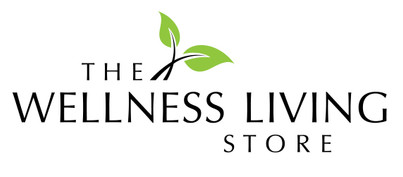Energy and Stress
Jun 3rd 2024
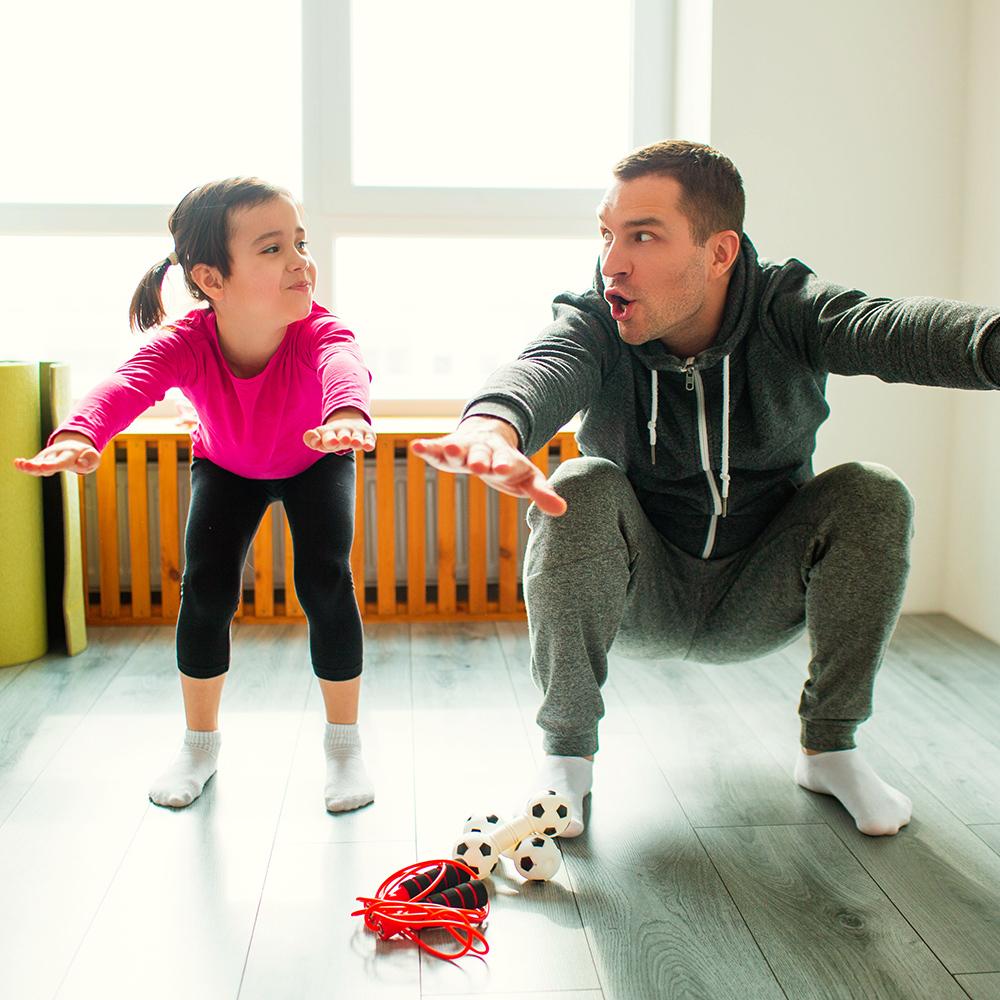
Energy and Stress are interrelated, and both of them affect our health and our longevity. As Chinese medicine practitioners remind us, our body, mind, and spirit are inseparable and the health of one affects them all. When we are trying to cope with stress our energy sags but when our spirit is calm and we feel good, our energy soars.
We are delighted that you are joining us on the path toward a long, happy, healthy life; we hope you will learn to enjoy and practice what you learn over the next few weeks and incorporate these new habits into a new and vibrant lifestyle.
May you live long and may you live well.
—Dr. Mao
ENERGY
Our energy normally fluctuates according to daily rhythms that vary from one person to the next but most of us have more energy in the morning and wind down as the evening approaches. Some unfortunate people suffer from chronic low energy—they start the day and end the day feeling tired. Stress is one cause of a lack of energy, and poor diet is another. Sleep is a factor, and so is a lack of exercise. Interestingly, a decline in energy does not usually happen overnight; it sneaks up on us over time.
Doctors of Chinese medicine say that our store of qi or energy determines our quality of life. Chinese medicine has produced many effective ways to boost energy including acupressure, exercise, superfoods, herbal teas, and dietary supplements that we can access in order to bring more life force energy into our lives.
NEW HABITS FOR ENERGY
The human body follows circadian rhythms; foods eaten early in the day are processed differently than the same foods eaten at night. Most of us are interested in what we plan to eat for dinner, but we ignore the importance of our choices at breakfast. You may not have known this, but a high-protein breakfast generates energy and is our most important meal of the day.
High-protein breakfasts: scrambled eggs with turkey or chicken sausage; egg and cheese breakfast sandwiches; tofu scramble; baked sweet potato with nut butter; oatmeal with milk or protein powder; cottage cheese with berries; breakfast quinoa topped with nuts, seeds, and soy milk; millet with berries, chia seeds, and sliced almonds; breakfast burrito with beans and whatever veggies you have on hand; egg and avocado toast; plant-based yogurt with fruit and flax, chia, or hemp seeds; salmon hash with sunny-side-up eggs… the possibilities are endless!
We can also energize with movement and exercise. Take stairs; walk, run, or bike when doing errands; vacuum, rake, and sweep; dance, jump rope, practice yoga, tai chi, or qi gong. Breathe deeply. Exercise guarantees that we’ll sleep more soundly; it also gives our cells more energy to burn, circulates oxygen, and elevates our mood. If we are able to pick up the pace periodically as we exercise, we will build stamina and generate even more energy.
Scents are energizing, so we can burn incense, indulge in aromatherapy, take a fragrant bubble bath, or brew a cup of fragrant herbal tea. Studies show that citrus scents like grapefruit, lemon, lime, and orange can lift our mood and increase our energy. Other energizing scents include bergamot, basil and rosemary, lemon balm, sandalwood, and peppermint.
In the west, we normally eat three meals a day but if we add a small mid-morning and mid-afternoon snack, our body receives a steady stream of nutrients and our blood sugar remains steady. Eating this way is also less taxing on our digestive and metabolic systems and reduces the risk of heart disease. Of course, we need to choose healthy snacks and avoid sweets like cookies and pastries that deliver a rapid shot of energy but burn out quickly.
Healthful snack ideas: a small handful of trail mix, nuts or seeds; celery with a dab of peanut butter; kale chips; a square of dark chocolate and a few almonds; cucumber slices with hummus; fresh fruit; cherry tomatoes with mozzarella; chia pudding; a hard-boiled egg; baby carrots with blue cheese dip; a cheese stick; beef or turkey jerky; canned salmon or sardines on crackers; edamame; olives or … last night’s leftovers!
What lifestyle and environmental factors do you think are affecting your energy level?
Which aspects of energy-boosting are you going to work on this week?
STRESS
Stress-induced emotions are exhausting and consume huge amounts of energy. Talking with a friend or a relative, joining a support group, or seeing a psychotherapist can help diffuse the toxic effects of stress. Relaxation therapies like meditation, self-hypnosis, yoga, and tai chi—even taking a walk—are effective tools for reducing stress.
We’re all tired of hearing about stress. We’re sick of stress … and the stress of current events is driving us all crazy. Unfortunately, when we are stressed, our body floods us with hormones that shift us into survival mode. Our body is designed to release adrenaline to help drive blood to our heart and muscles to give us the burst of energy that we need to escape a raptor or a dinosaur, but the problem is that these same hormones deplete our body’s energy resources until we finally crumple.
Sustained stress also affects our brain, which interferes with our memory, focus, and concentration. Stress makes us unhappy and makes it difficult for us to feel good about ourselves or the future. Unhappiness not only negatively affects our health, but unhappy people are twice as likely to develop heart disease and cancer. It is our choice to determine how we will react to life’s challenges—we can be either choose to be happy or to be negative, but for certain is that positive people live longer healthier lives.
NEW HABITS FOR LESS STRESS
We all know that what we eat matters, but did you know that the way we eat matters as well? Eating on the run, whether at breakfast, lunch, or dinner; can ruin our sense of calm. We need to eat in a quiet, tranquil atmosphere in which we take note of the taste and texture of every bite and savor our meal. When we eat in a relaxed environment, enzymes in our mouth and stomach increase the absorption of nutrients. Further, the intense emotions that are generated when we are rushed and try to gulp our food down in a hurry or eat when we are anxious or upset interfere with our digestion.
We need to surround ourselves with things that bring us joy. Simple pick-me-ups include chatting with positive people that we love, wearing colors that we like, listening to cheery music, enjoying our pet animals, or indulging ourselves with beautiful scents, growing plants, or flowers… we just have to figure out what makes us happy… and then just do it!
There is no way to escape the importance of exercise for physical and emotional health. Exercise raises the levels of hormones like endorphins and DHEA that lengthen our life while lowering stress hormones that could shorten it. Squats and leg presses can increase our natural production of DHEA, also known as the youth hormone. Increased DHEA translates to elevated mood and mental alertness, increased muscle mass, and a decrease in fat deposits. Walking, weight training, knee bends, push-ups, whatever floats our boat will work … we’ve just got to commit to doing it!
We can manage stress by setting boundaries and figuring out how to say, “no.” We can use our new freed-up time constructively by taking a walk or a bike ride, learning how to meditate, practice tai chi, or even curling up with a good book. Figuring out how to pace ourselves is key to decreasing stress, unleashing our natural vibrant energy, and living a long, happy life.
What factors are affecting your level of stress?
What areas are you going to work on this week?
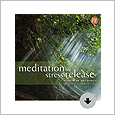 | 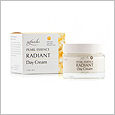 | 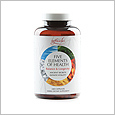 | 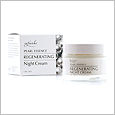 | 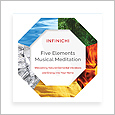 |
| Stress Release Meditation | Radiant Day Cream | Five Elements of Health | Regenerating Night Cream | Five Elements Background Music |
